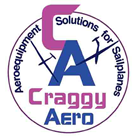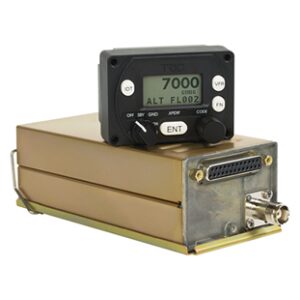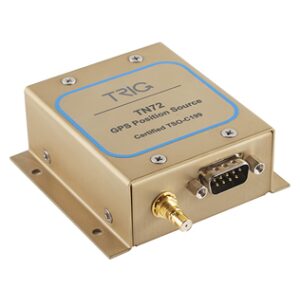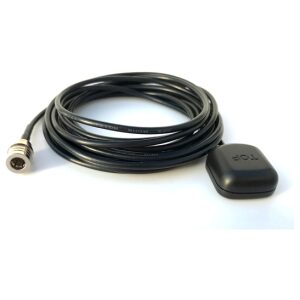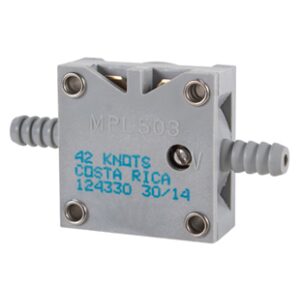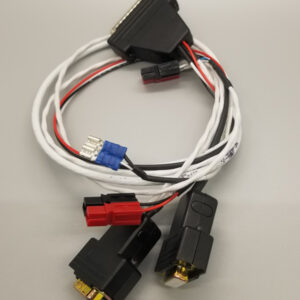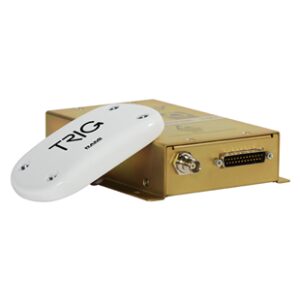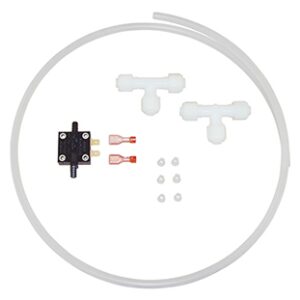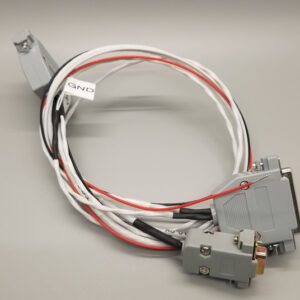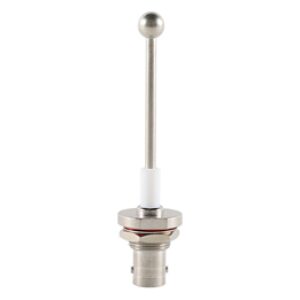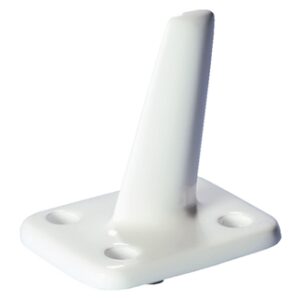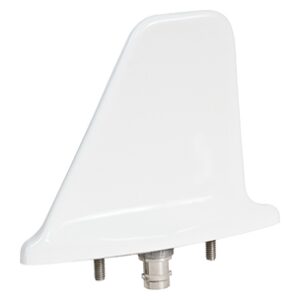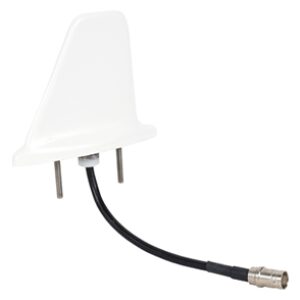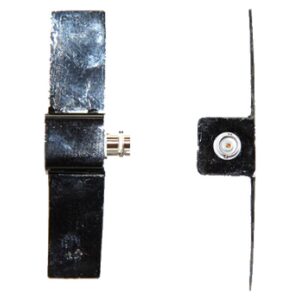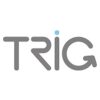
Components needed for a complete ADS-B system Experimental Aircraft /Glider
Components needed for a complete ADS-B system Standard Class Aircraft/Glider
Transponder Antennas and Coax Cable
Capabilities:
Sil 3 Setting is recommended
3) SIL=3 (Trig TT22 (not TT21) with either a TN72 GPS in an experimental glider or TN70 GPS in a type certified glider).
This is a fully 14 CFR 91.227 2020 ADS-B Out compliant system and provides the following capabilities for your glider.
- Has all the standard transponder capabilities, including ATC SSR visibility and PCAS, TCAD and TCAS compatibility.
- Is visible to portable 1090ES In traffic displays (e.g. a Stratus or Stratux receiver driving EFB software).
- Is visible to PowerFLARM (with ADS-B In Option)
- Is visible to certificated fixed install 1090ES In traffic displays in GA aircraft and above
- Is visible to UAT In equipped aircraft – via ADS-R rebroadcast by the ground infrastructure to suitably equipped client aircraft
- Is NOT shown as a TIS-B target to client aircraft when within SSR coverage (since the system is using ADS-R to show you as a more precise target to those clients)
- Does (if properly configured) make your glider a client of ADS-B ground based services so you can see other traffic vis ADS-R and TIS-B (but remember PowerFLARM cannot display ADS-R or TIS-B traffic).
- Is visible to ATC via ADS-B (including outside of SSR coverage)
- Does provide flight privilege in airspace in 14 CFR 91.225 that requires ADS-B Out, remembering gliders already have some exemptions there
- ADS-B Out installations may require you upgrade firmware on your Trig transponder, TABS/SIL=1 use requires the TT21/TT22 has firmware 2.12 or higher, SIL=3/2020 compliant use requires firmware 2.7 or higher. Updating the firmware requires a (no charge besides shipping) return to the Mid-Continent Trig’s USA service partner Mid Continent can also upgrade a TT21 to TT22 for around $950.
